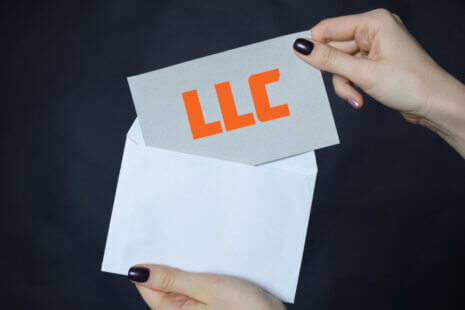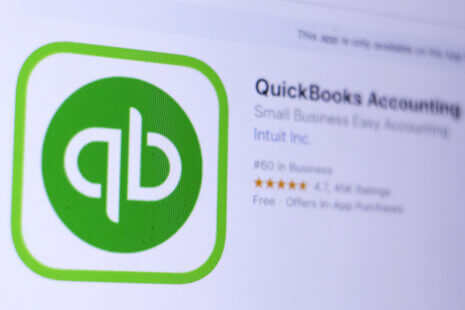While a sole proprietorship is one of the simplest business structures, it is important to keep personal and business finances separate to maintain clarity and financial integrity and to help protect personal assets from business liabilities.
It is generally discouraged due to several reasons:
- Legal and Liability Concerns: Commingling funds can blur the distinction between personal and business assets. In the event of legal disputes or business debts, this can put personal assets at risk, potentially negating the limited liability protection that a separate business entity would provide.
- Accounting and Tax Issues: Mixing personal and business transactions can make bookkeeping and tax reporting more challenging. It may be difficult to track and accurately report business income and expenses, potentially leading to errors or tax-related issues.
- Loss of Professionalism: Commingling funds can make it difficult to maintain a professional image and credibility with clients, customers, and business partners. A clear separation of finances can demonstrate a commitment to ethical business practices.
- Audit and Compliance: In the event of an audit or a need to demonstrate compliance with tax or regulatory requirements, having well-documented, separate business finances can simplify the process.
To avoid commingling funds in a sole proprietorship, consider the following practices:
- Open a Separate Business Bank Account: Establish a dedicated business bank account for all business-related income and expenses. Use this account exclusively for business transactions.
- Maintain Clear Records: Keep detailed records of all financial transactions related to your business. This includes sales receipts, invoices, expense receipts, and bank statements.
- Pay Yourself Legitimately: Pay yourself from your business account for personal expenses only when appropriate. Clearly document any withdrawals or transfers from the business account to your personal account, specifying the purpose (e.g., owner’s draw or salary).
- Use Accounting Software: Consider using accounting software to help you manage your business finances effectively. This software can help you track income and expenses, generate financial reports, and ensure accurate bookkeeping.
- Consult a Tax Advisor: Work with a tax advisor or accountant who specializes in small businesses to ensure that you are properly handling tax-related matters and staying compliant with tax regulations.
Maintaining a clear separation between personal and business finances not only helps with financial management but also protects your personal assets and minimizes the risk of legal and tax issues. While a sole proprietorship is a relatively simple business structure, it’s still important to adhere to best practices for financial management and compliance.




